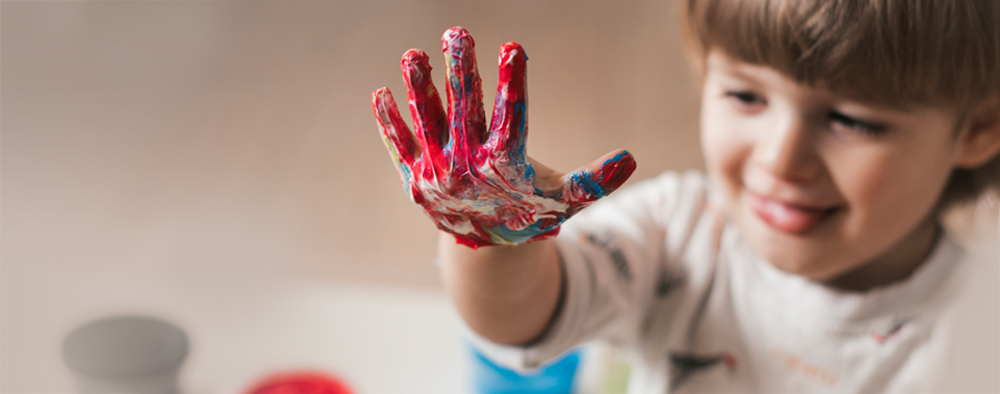
By Wendy Heyn
In nearly everything our family does, we have to consider our son Liam's disability first. But too often that makes Liam the main focus while our other children get left in the shadows. This wasn't what we wanted for our family. We wanted the best for Liam and his siblings.
When my little girl plays pretend with a friend and they discuss their siblings' disabilities, my heart both aches and swells. When my eldest discusses medical interventions and therapies as easily as some kids discuss movies, I feel conflicted pride and sadness.
Although our world revolves around a son with special needs, we have discovered a few ways to help make sure our other children don't get lost in the shuffle.
Focus on relationships, not just medical treatments.
Liam's early years were a fog of appointments, interventions and grief. Our only rhythm was chaos. Liam participated in clinical physical therapy, but he was usually upset or tired at the appointments, and the time commitment meant our other children often had to sacrifice their activities.
My husband and I decided to take a closer look at what we wanted for Liam and for the rest of the family. With every possible activity, we now weigh the outcomes with the cost to our family life.
That means we sometimes say no to additional therapies for Liam so we can give our other children opportunities. This has brought Liam and his siblings closer together and provided us with a richer family life.
Divide and conquer.
Liam's needs can make outings difficult, which is why sometimes one parent will attend an activity with our other children while one stays home with Liam. When we are able to do things together but we know it will be difficult, we often take two vehicles so one of us can take Liam when he needs to leave.
Consider groups for siblings of children with special needs.
I've been blessed by my friendships with parents who understand the complexities of parenting children with special needs. My daughters also feel a comfort and fellowship with their friends whose siblings have special needs. They experience an unspoken understanding in these relationships, and it helps them feel respected, heard and cared for.
Balancing the needs of every child is difficult. It won't always go right, so it's important to practice patience with your children — and give yourself grace, too.
Wendy Heyn is an author and disability advocate.
From the Focus on the Family website at focusonthefamily.com. © 2018 Wendy Heyn. All rights reserved. Used with permission.





